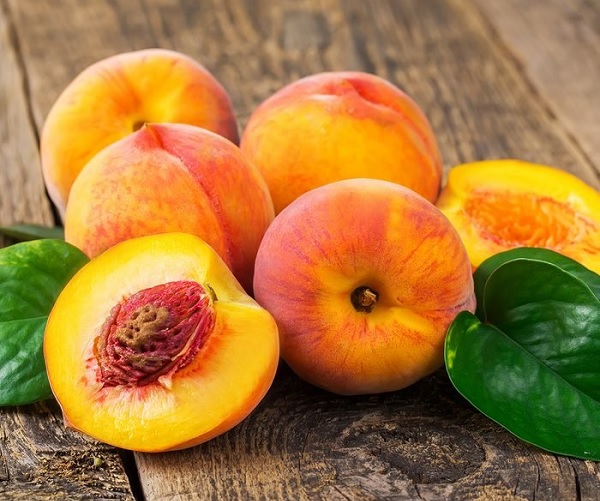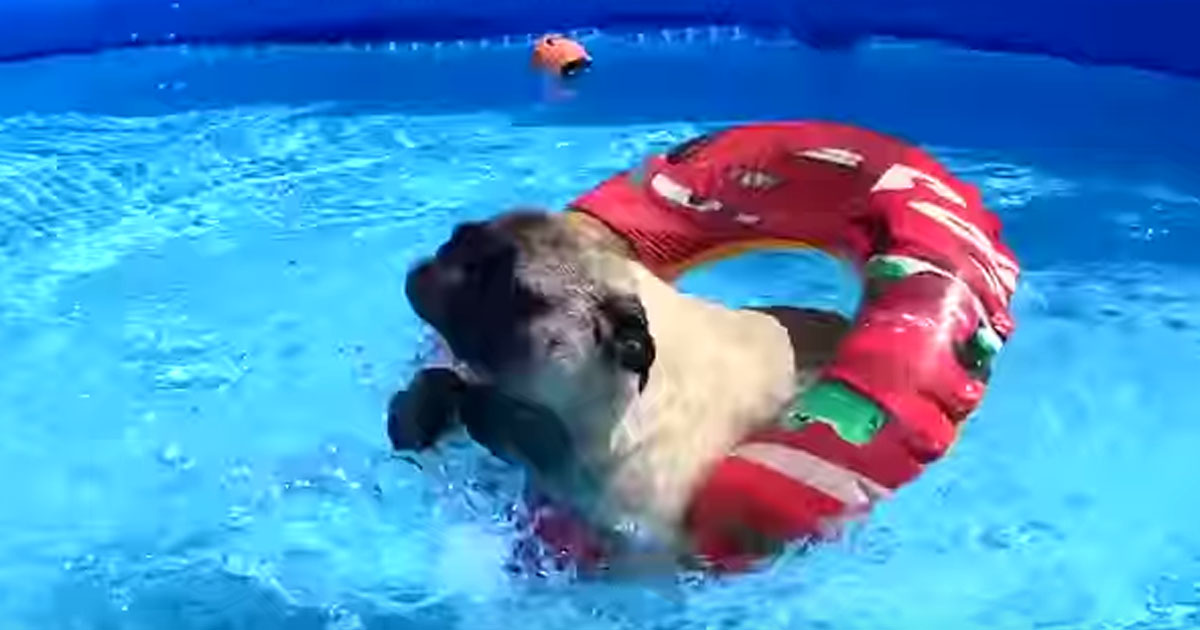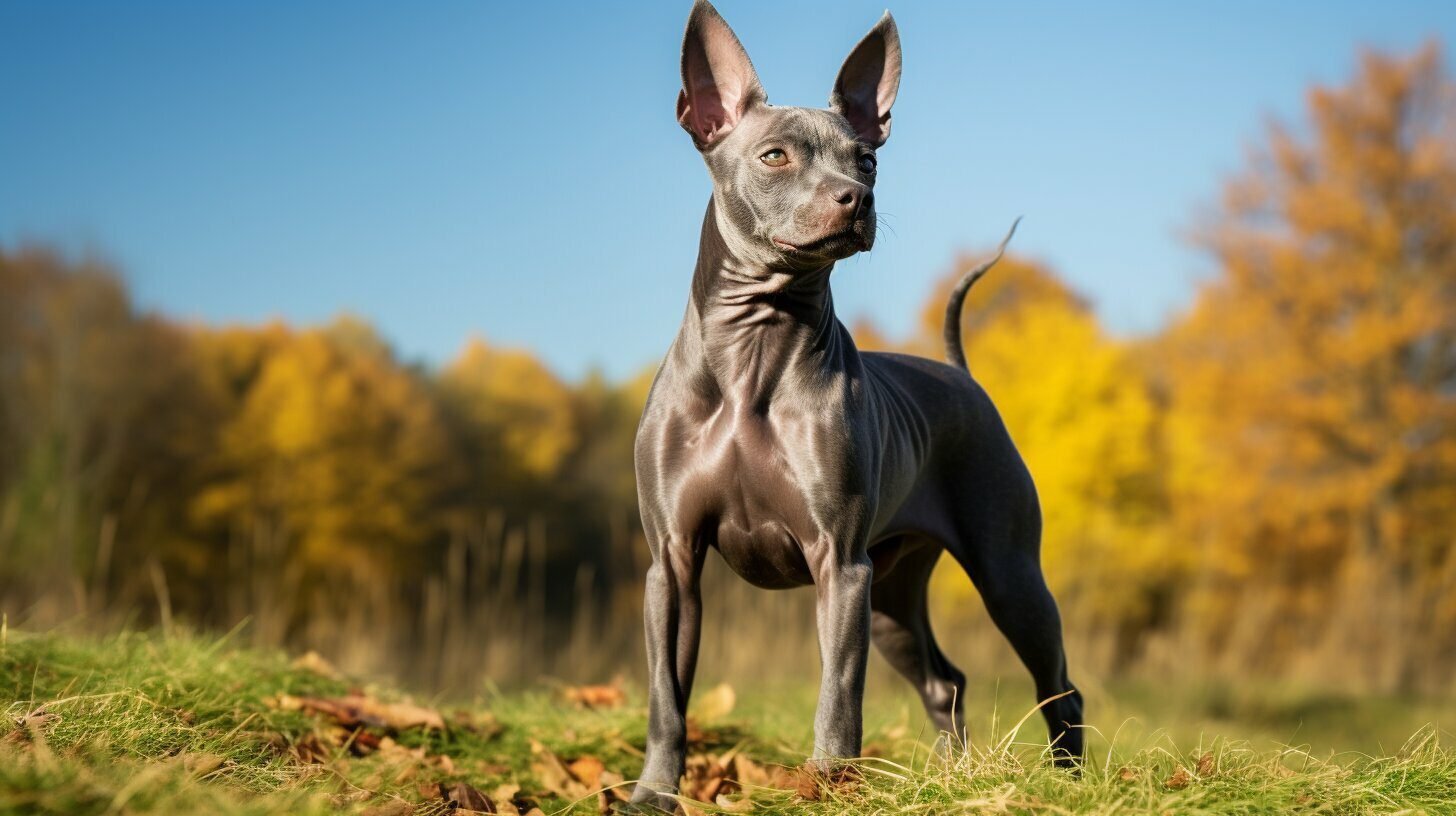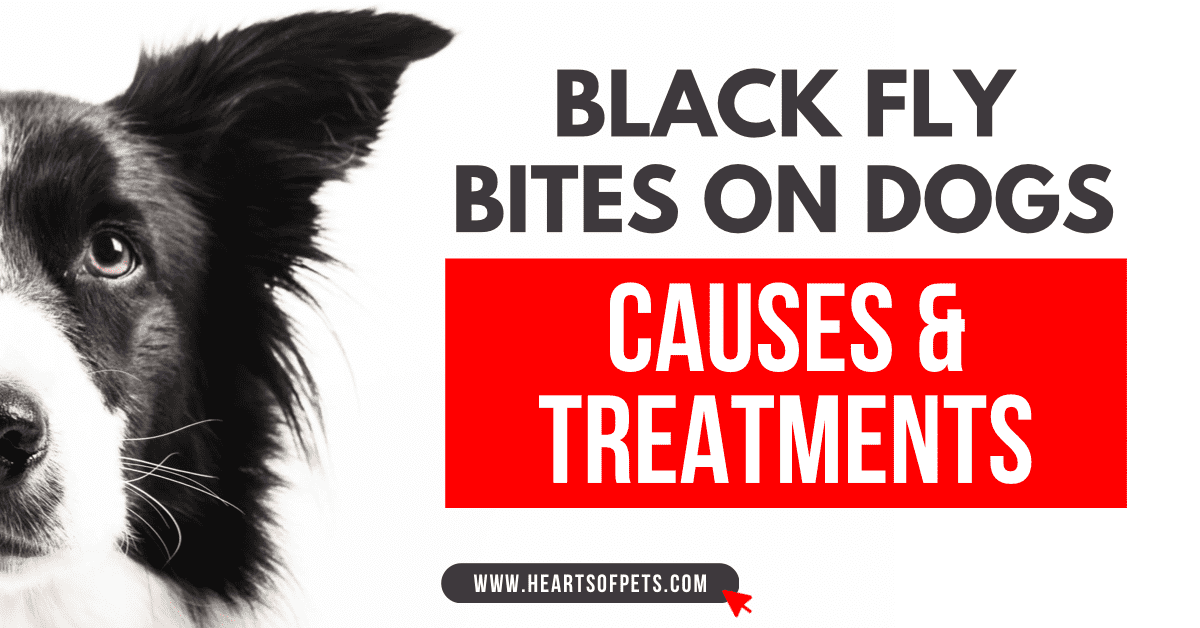It is always a joy when you can share your favorite summertime snacks with someone else, but are peaches actually safe for dogs? To find out if dogs can eat peaches, we spoke with Dr. Bernadine Cruz, a veterinarian with Laguna Hills Animal Hospital in California, who explained why you need to be careful when giving them to your BFF.
Can dogs eat peaches? The answer is yes and no. Dogs can eat peaches, but before you serve your dog some of this yummy fruit, there are some things you should know. These fruits are loaded with beneficial nutrients that can be good for your dog’s health when they are served properly and in moderation.
It’s important to know why certain parts of fruits are good for our pets and others aren’t because they might not be aware that some things will make them sick.
How are peaches good for dogs?
Dogs love to eat peaches and they’re good for them! The flesh is full of nutrients, which are really beneficial. “Peaches are rich in vitamins A and C,” Dr. Cruz told us. “They also contain vitamins E, K, niacin, folate, iron, choline, potassium, magnesium, phosphorus, manganese, zinc and copper.” So, letting your pup snack on some pieces of peach flesh every now and then definitely has its upsides.
How are peaches bad for dogs?
But if you do decide to give your dog peaches, you need to be really careful to avoid serving certain parts of the fruit. “Some fruit needs to be given with caution, and this includes peaches and cherries, or any fruit that has a hard central stone (pit),” Dr. Cruz said.
Peach pits and dogs
Even though the peaches may look sweet, be aware that there’s a dangerous substance inside. “Peaches, cherries, plums, nectarines, and mangoes all contain a naturally occurring form of cyanide,” Dr. Cruz said. That’s so the fruit (and the tree it came from) can have some sort of protection from animals who want to eat it. “Studies have shown that the pit of a peach contains more of this toxin than cherries,” Dr. Cruz explained. “Chewing the pit releases more of the toxin.” Peach stems and leaves also contain cyanide, so you need to avoid those parts, too.
If your dog accidentally eats a peach pit, lookout for signs of cyanide poisoning, like:
- Vomiting
- Difficulty breathing
- Skin irritation
- Coma
Choking hazards aside, peach pits are also a possible poisoning hazard and could result in intestinal blockage. “Larger pits such as those found in peaches, apricots, nectarines can become stuck in their throat, stomach, and intestines,” Dr. Cruz said. “A pit may have been eaten several days before a pet starts to seem ‘off.”
Dogs are naturally curious creatures that love to explore their surroundings. They might not know what they’re tampering with, so be sure to monitor your pup for any signs of an obstruction or if he starts acting strangely after eating something like peaches. Gastrointestinal obstruction can be super serious, so it’s important to see your vet ASAP. “A pit can cause an obstruction in the intestines and cause the area to break down, releasing bacteria into the abdominal cavity [and] causing a life-threatening infection (septicemia),” Dr. Cruz explained.
How to safely give your dog peaches
According to Dr. Cruz, the safest way to feed your pup peaches is to remove the pit and cut the flesh into bite-sized pieces. (It’s also best to cut off the fuzz, too, in order to avoid a possible allergic reaction.) “Fruit, in general, is a refreshing treat, but too much can lead to intestinal upsets,” Dr. Cruz said. “Pet parents need to use good judgment in how much to give.”
If you want to give your pup some peaches, make sure not to feed them any sugary canned goods. “It is better to give fresh fruit rather than canned or preserved,” Dr. Cruz explained. “Canned fruit is much higher in sugar. Care needs to be taken that low-calorie, processed fruit does not contain xylitol, which is toxic to dogs.”








